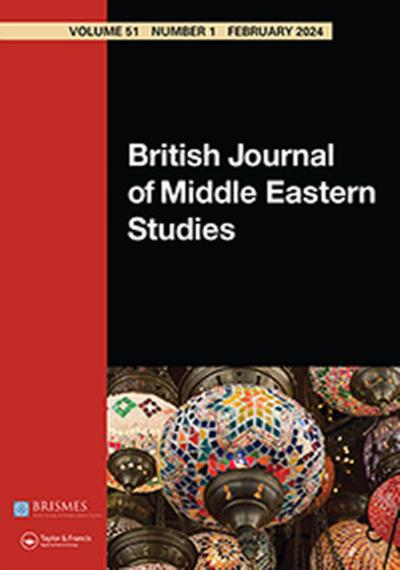Heritagising the South China Sea: appropriation and dispossession of maritime heritage through museums and exhibitions in Southern China
With the emergence of critical heritage studies scholars show that 'bottom up' initiatives that blur teh boundaries between private, civil, and state have arisen not as a modernising vision to legitimise national authority but as 'rooted in identification with local community', linking past and future. In China, such studies demosntrate the emergance of a different kind of museology - with 'private' heritage initiatives on behalf of individuals and groups - tolarated by the state authorities through investments that link heritage tourism to development. However, when a maritime vision of national history is at stake, the central state would co-opt 'private' heritage initiatives to subsume them under the wider, sanitised narrative of Chinese maritime civilisation that requires a different relation to the past and its extraction from the localities that do not inscribe their heritage into these universalised visions. Zooming in on three museums in Hainan related to teh South China Sea (SCS), I reveal the contradictory claims made by different actors regarding the use, representation and ownership claims of historical seafaring in terms of cultural heritage. Therefore, I argue that heritigisation of seafaring in the SCS represents proprietary and thus territorial claims for China's rethoric of maritime ecological civilisation.
Edyta Roszko






